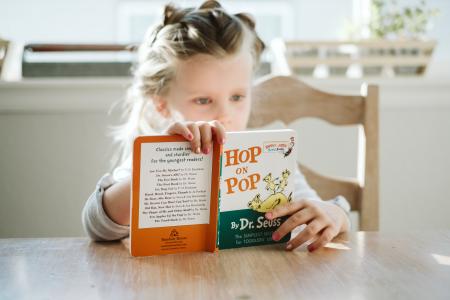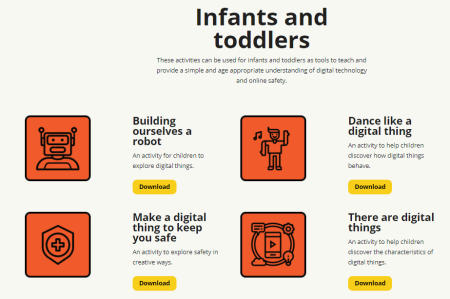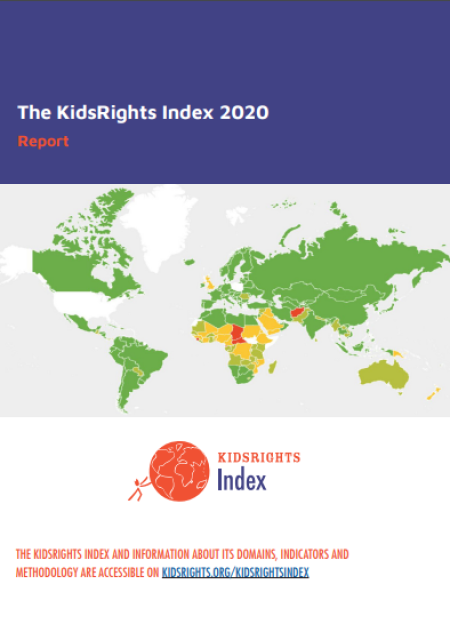
For children to become functioning, useful members of society they need to have a healthy motivation system. Early experiences and inherited genes work together to form the brain and behaviour, so it is important that children have life experiences that support the development of healthy motivational systems, which will later become the basis on which work, school, and life can be built.
There are two types of motivation. Approach motivation rewards the individual for an engaging stimulus that promises to be enjoyable. Avoidance motivation causes the person to avoid the stimulus that is threatening or harmful. Both develop in childhood through intrinsic (internal) drives and extrinsic (external) rewards. If the basic needs of the child are met they will be intrinsically motivated to pursue exploration, play, engage in new tasks, through which they experience satisfaction and pride. This intrinsic motivation is the most important driving force for humans and is important to nurture.
It is also true that the expectation of reward is more important than receiving the reward at all.
During different stages of development, children need different experiences for the optimal development of the reward system. In early childhood, supportive and trusted adults are the most important while in adolescence peers and social acceptance is more impactful.
The biggest problems in the development of the motivation system are caused by a lack of responsive relationships, feelings of helplessness, and addictive behaviors and substances. Without supportive relationships children become fearful and stop exploratory behavior, the lack of feelings of success lead to helplessness, and addictions lead to short term gratification which later develops into dysregulation and further problems.
This needs to be reflected in policy making as well. Programs that encourage exploration are needed, a better teacher to child ratio. Schools need to move away from extrinsic rewards like a focus on grades or other performance-based methods and implement a coaching mindset based on constructive feedback. Addiction treatments need to exchange punishments for treating the underlying causes and unfulfilled needs. For adults also create motivation-building programs, children model their behaviour after the adults in their lives so it becomes easier for them to learn these skills as well. Punitive methods in program retention need to be addressed as well, punishments are less effective than positive feedback and rewards in the long term and increase intrinsic motivation for return.
























